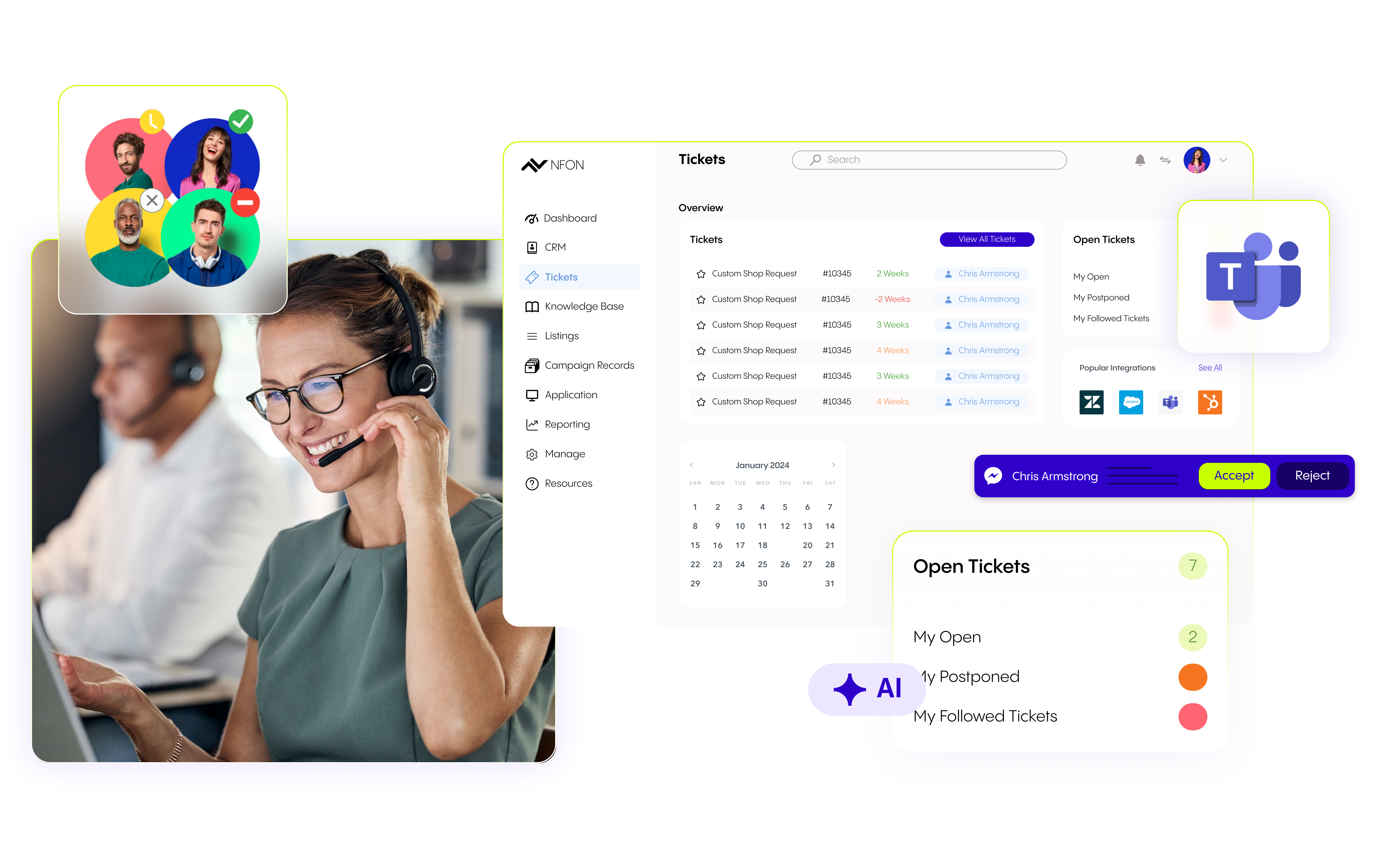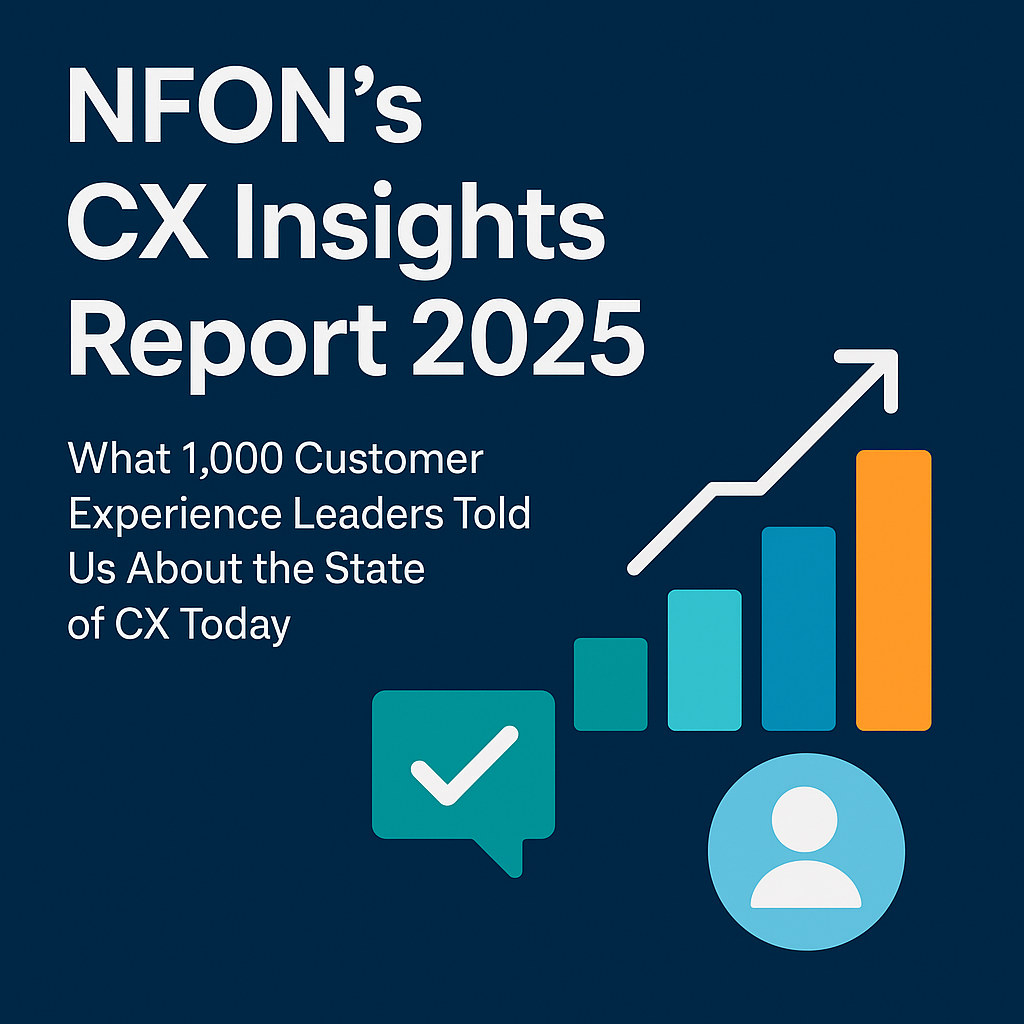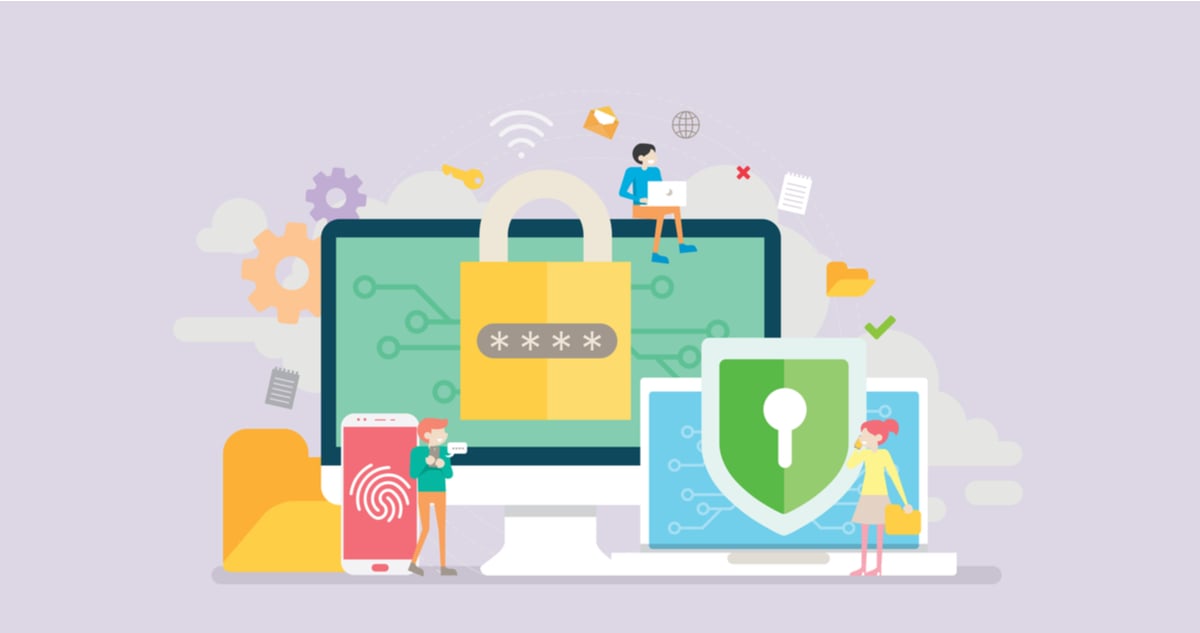Call recording is a powerful business tool, particularly when integrated with call analytics. In particular, call recording provides clear advantages for service-centric organisations with a focus on customer service, such as legal firms, insurance companies, call centres, public agencies, health centres, doctors surgeries and any FCA regulated company that is legally bound to record calls.
Call recording benefits organisations in the following ways:
- Quality assurance and performance monitoring
- Monitor call quality and staff performance to improve company standards and customer care.
- Call recording play back enables staff to hear themselves, which can be an eye-opener, offering the opportunity to undertake self-analysis.
- Improve customer service through dispute resolution and risk management
- Resolve “who said what” disputes by confirming details from a call such as quantities / specifications of an order, protecting both your business and your staff from disputes.
- Clients are also protected through call recording to avoid discrepancies.
- Protect staff from abuse.
- Call recording play back can also enable customer service agents to review a conversation to make notes, ensuring that all points have been covered in follow-up actions.
- Defecting customers can be rescued by reviewing conversations that took place.
- Manage staff
- Use call recordings as a tool to coach staff on call handling techniques and customer interactions, to improve overall performance.
- It is just as important to identify high performing agents as those that need training. Giving praise to individuals increases staff motivation.
- Good examples can be used in training as well as in the sales cycle, to demonstrate the company’s competency.
- Recorded calls can help a business understand changing customer needs and to provide guidelines to staff, aligned to meeting those needs.
- Regulatory compliance and internal adherence to company policy
- Comply with regulatory requirements using PCI DSS support and encryption (encrypted call recordings are legally admissible in court for litigation)
- When staff know that they are being recorded, they are more likely to comply with company standards.
- Reveal customer service workflow issues
- Breakdowns in workflow can be identified through following the trail of conversations that took place.
- Call recordings can be used to ensure processes and procedures are correctly scripted.
- Understand the whole customer experience
- Call recording integrated with call analytics enables a business to understand the complete customer experience. Report on the number of times the phone rings before being answered, the number of unresolved missed calls through to how the call was handled and what was said at company, branch or an individual customer level. Analysing and understanding the complete customer journey is proven to improve customer service.
- More informed decisions
- Facilitate more informed, strategic decision-making by integrating call analytics with call recording. Track how long a caller waits to be answered or called back, then assess how the call progresses by listening to the recording. From this it can be determined if the call outcome was negatively affected by the wait time. Live statistics on contact teams such as call queues, coupled with historical trends enables staff modelling, helping businesses to gain greater efficiencies.
This article was produced and kindly shared with us by our call recording vendor partner Tollring









